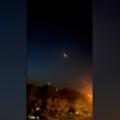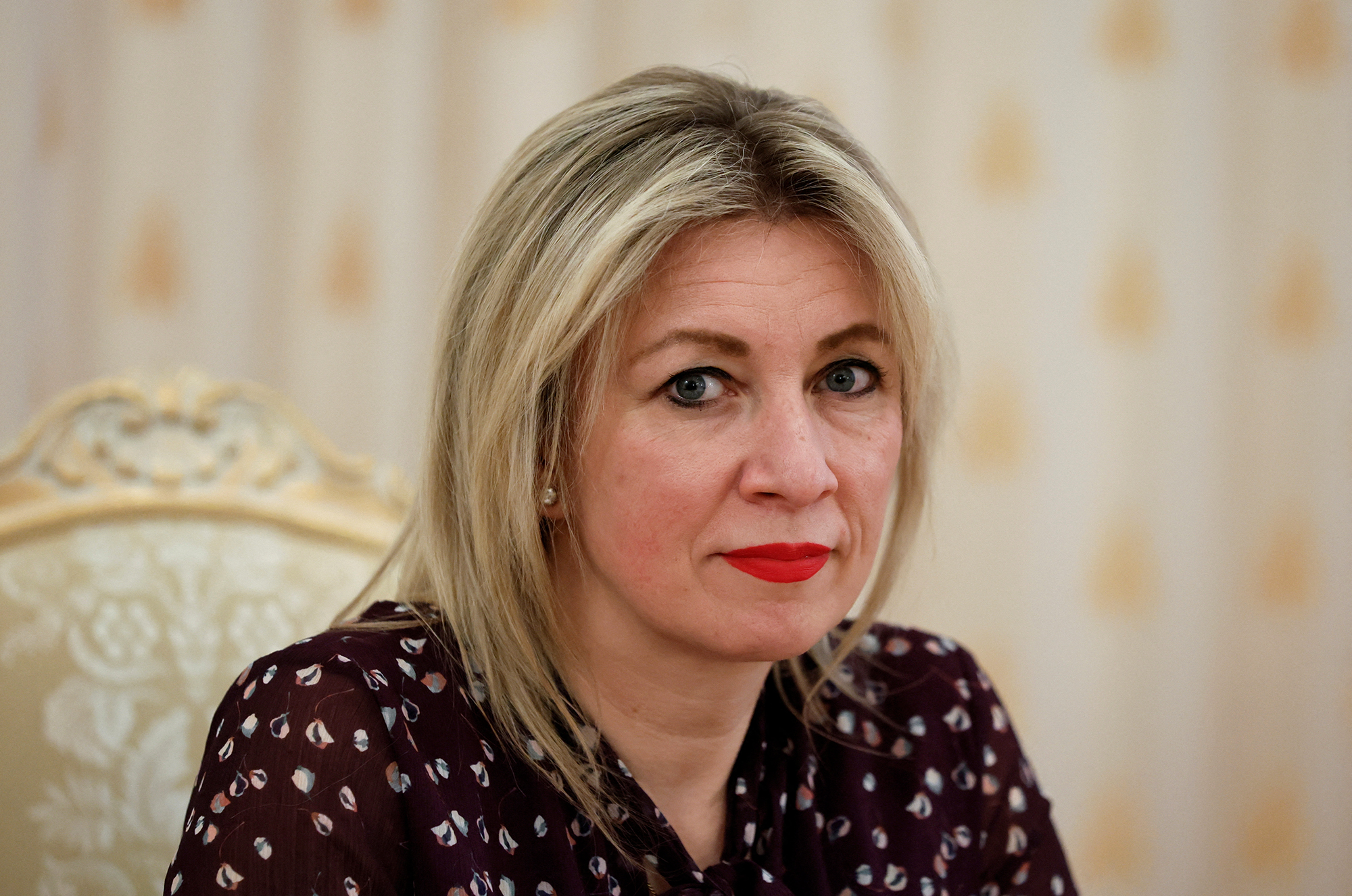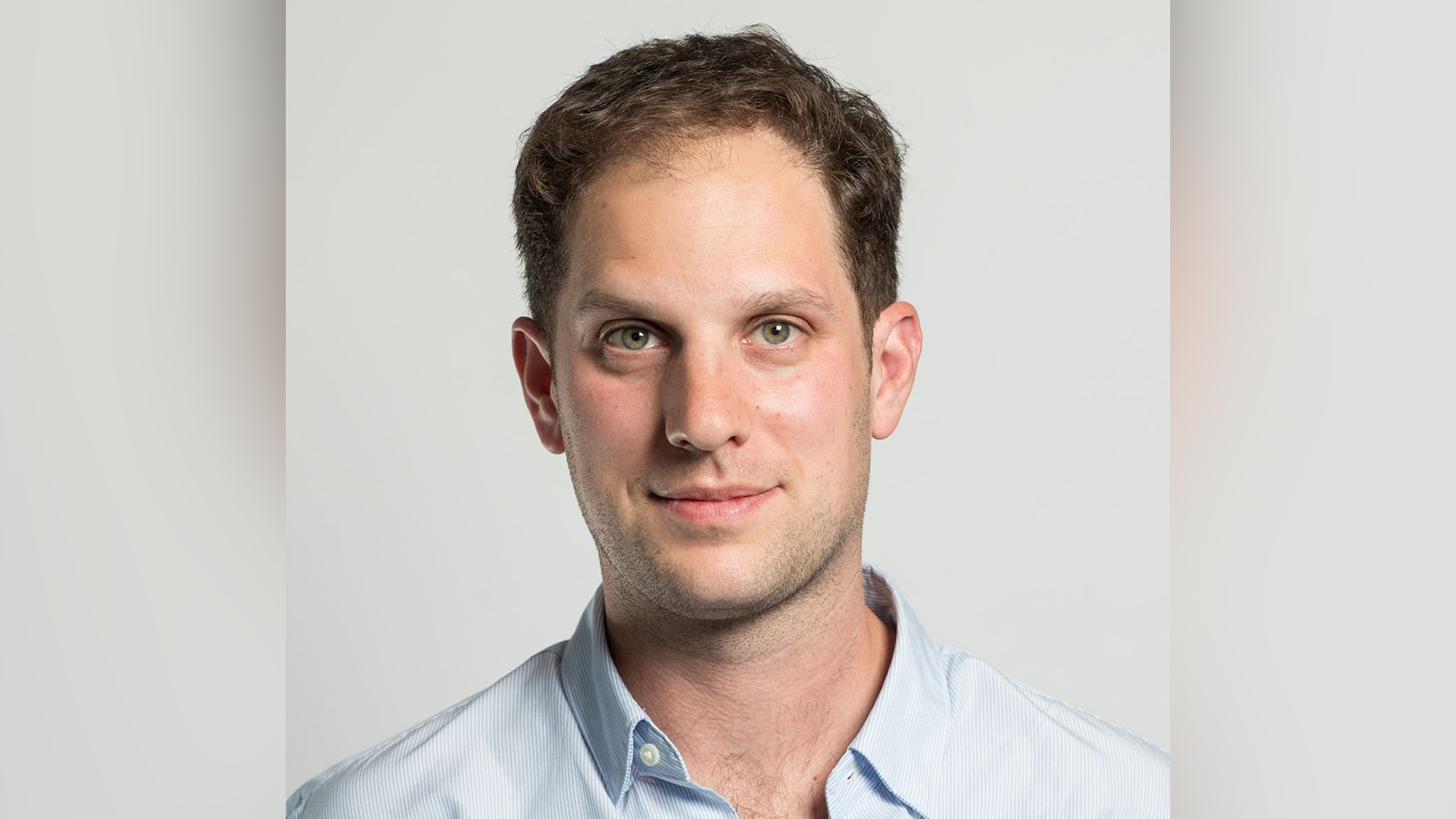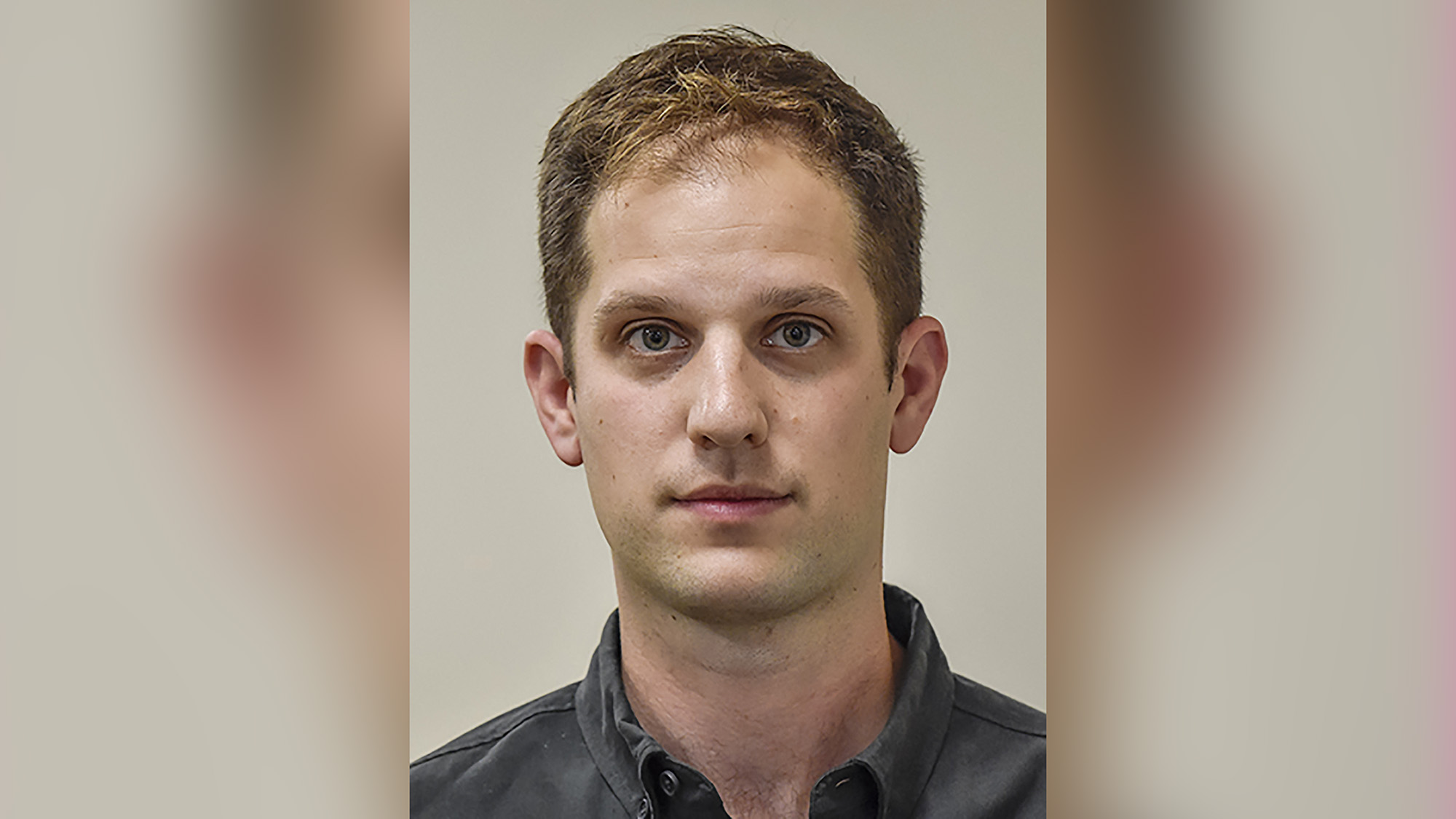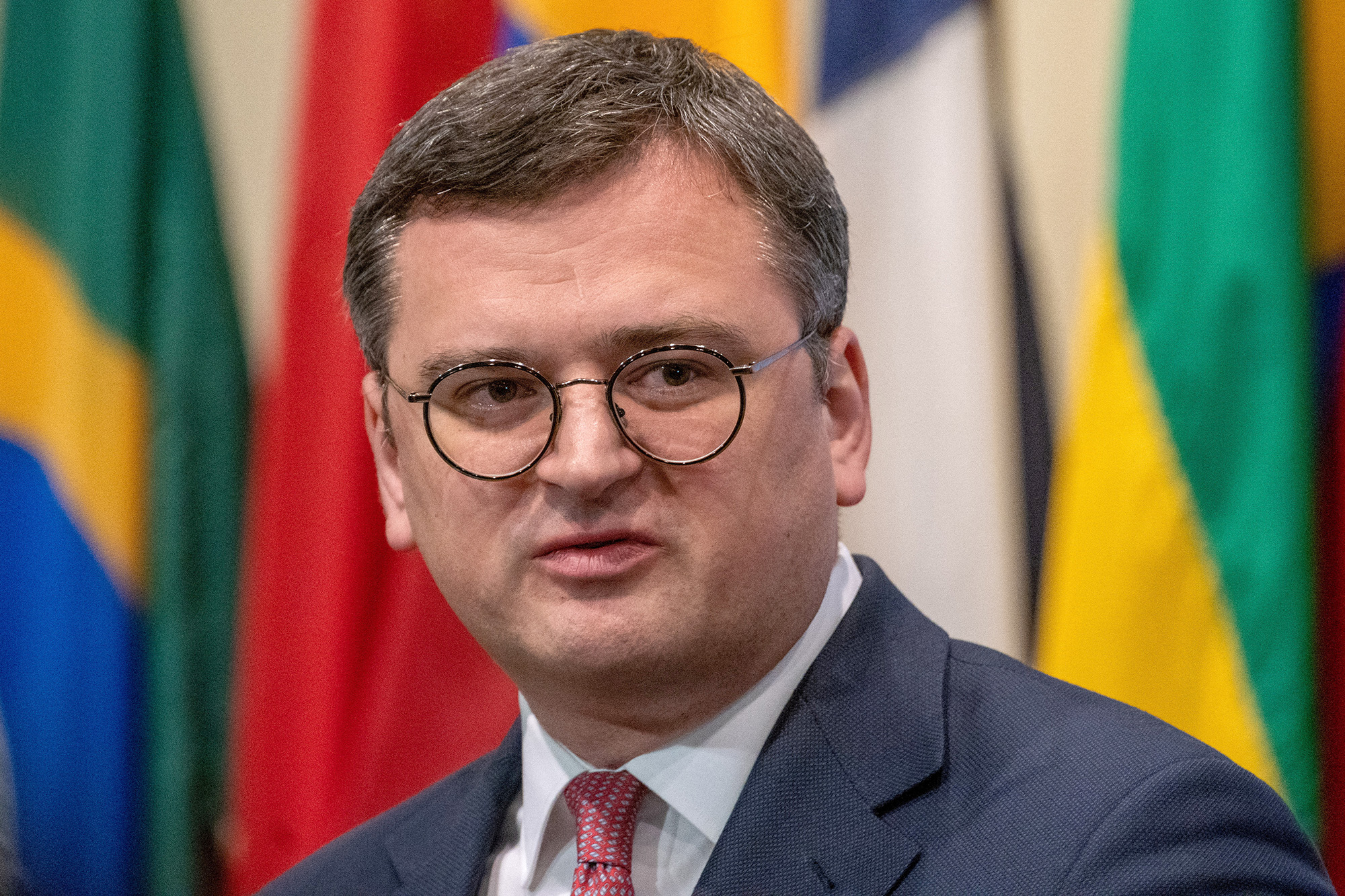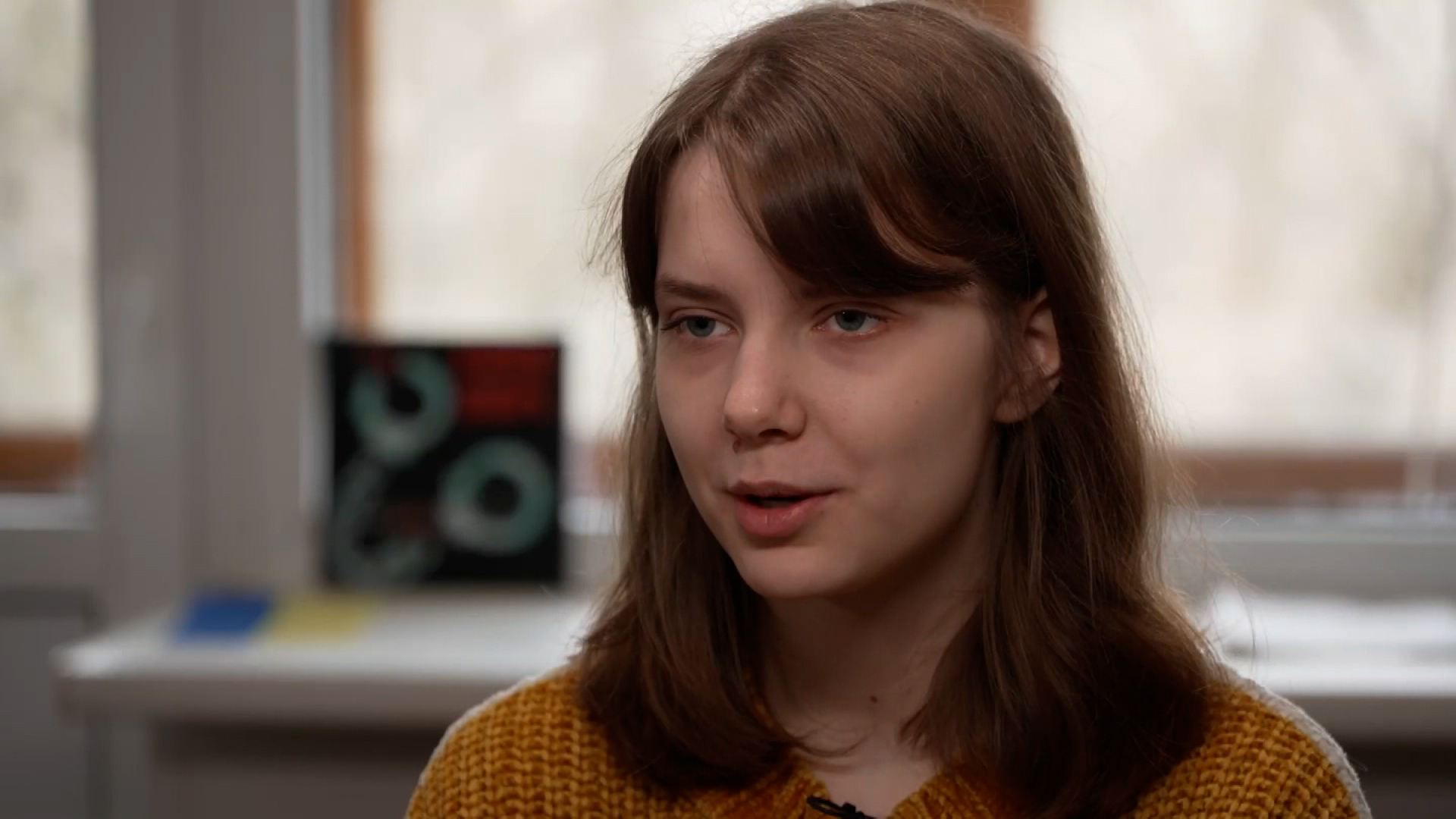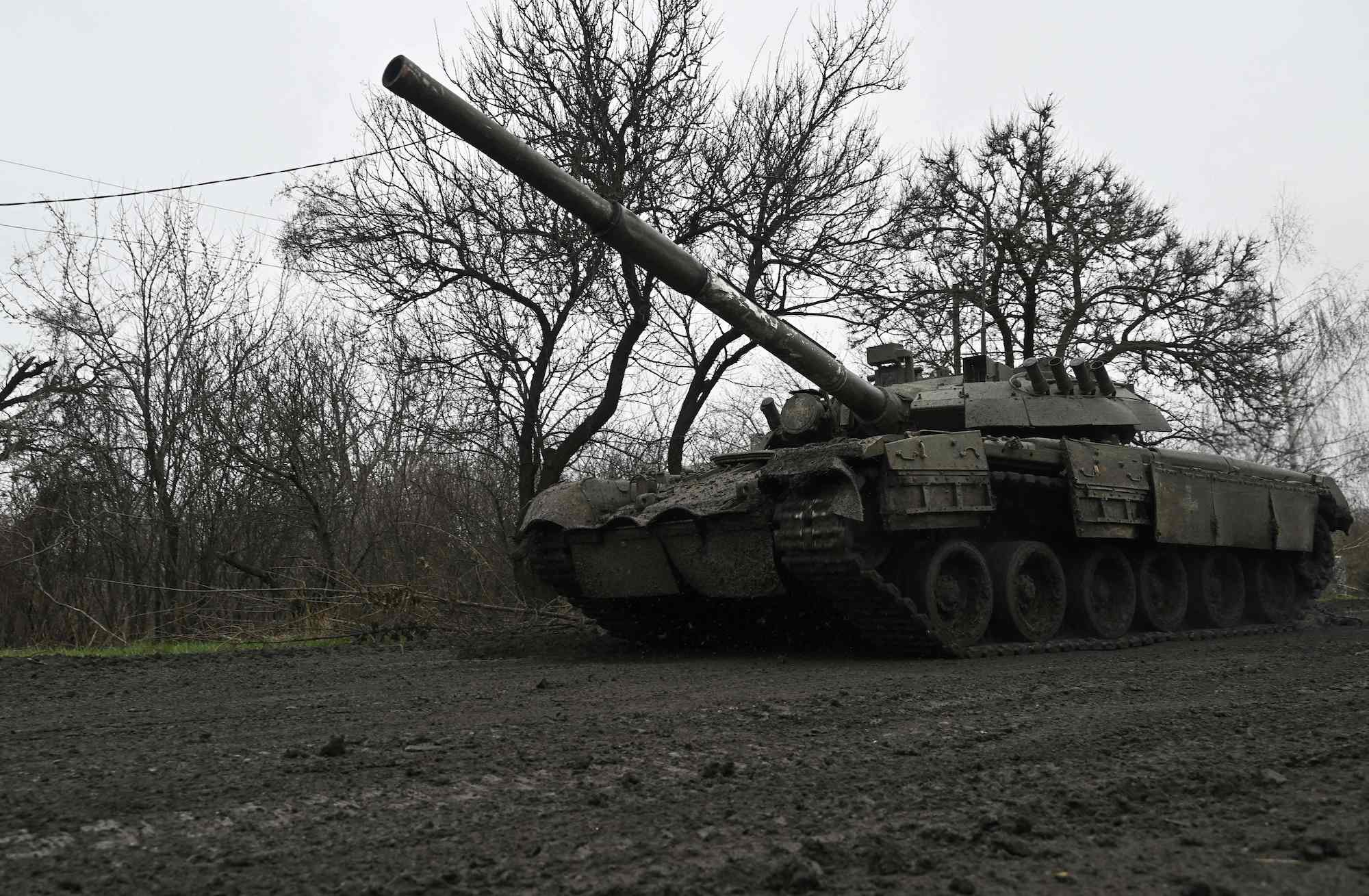The Wall Street Journal's Evan Gershkovich is the first US journalist to be accused of spying by Russia since 1986, when journalist Nick Daniloff was detained on a similar charge.
Back then Ronald Reagan was US president, Russia was part of the Soviet Union and ties were badly strained over the Cold War.
Daniloff was arrested during the end of his assignment for working for US News and World Report in 1986. He was imprisoned for weeks in isolated conditions while before the Reagan administration negotiated his release.
Speaking at a press conference after his release in 1986, Daniloff called it a "very complex situation," stressing that without President Reagan's "very deep and personal interest" in his case he would have likely been imprisoned for much longer.
"In my case, the FBI had arrested a Soviet in New York for espionage, and the Russians then arrested me," Daniloff told CNN. He added that negotiation eventually secured his release, involving a "solution for the guy who was arrested in New York."
The Kremlin did not comment when asked if Gershkovich’s arrest was a tit-for-tat move following the arrest last week of Sergey Vladimirovich Cherkasov in the US, who is accused of being a Russian spy.
Kremlin spokesperson, Dmitry Peskov, was asked by CNN during a daily briefing Thursday if Gershkovich's arrest could be a "retaliatory measure" after the US arrested a Russian on espionage charges last week.
"I do not have such information. I have nothing to say on this topic," he replied.


